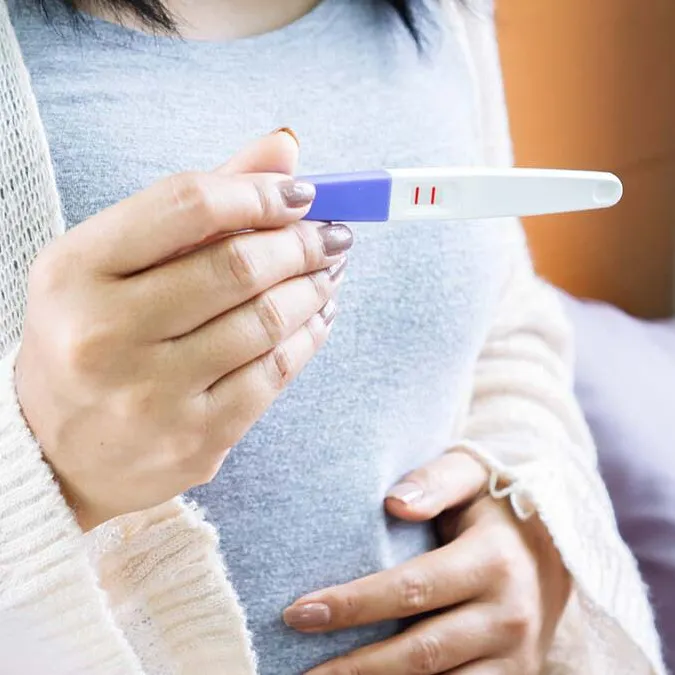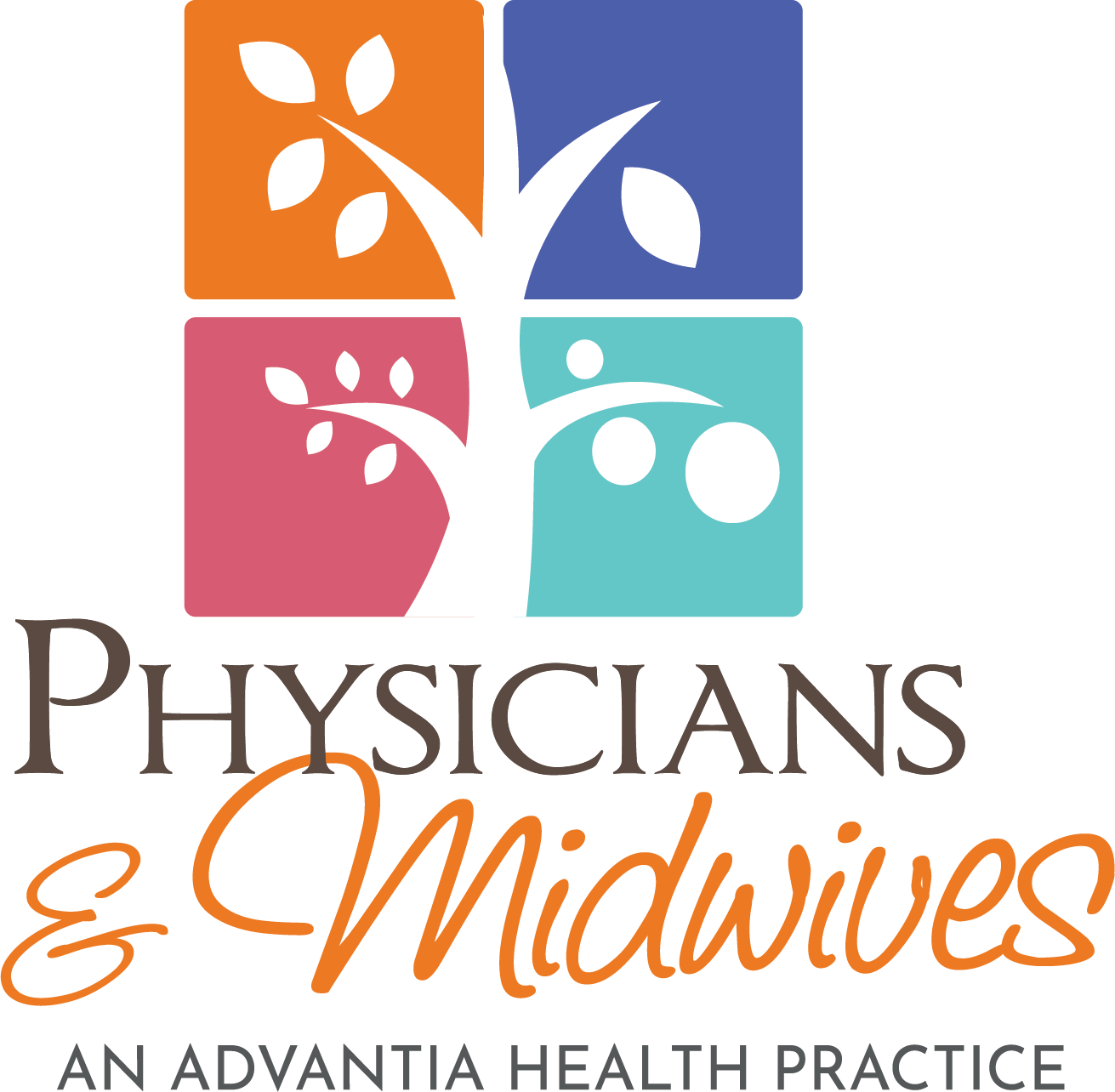
Published on: 11 April, 2022
Read Time: 3 min
Some signs of pregnancy like a missed period are universal but others will vary from person to person. Additionally, the signs and symptoms of pregnancy occur at their own pace. Women may experience the symptoms of pregnancy in very short and intense period of time or at a more leisurely pace. Here are the most common signs and symptoms of pregnancy
Missed period
This is far and away the most common symptom of pregnancy. Once conception occurs, your body will produce hormones that stop ovulation and prevents shedding of the uterine lining. If a week or more has passed without the start of an expected menstrual cycle, you might be pregnant. However, factors such as extreme amounts of exercise, weight loss or even stress can cause you to miss a period without being pregnant.
Fatigue
Fatigue is another early symptom of pregnancy. No one knows for certain what causes fatigue during the first trimester of pregnancy but it’s believed that a rapid rise in the levels of the hormone progesterone may play a role. As pregnancy progresses into your second trimester, fatigue becomes less of an issue.
Tender, swollen breasts
Many women will experience tender breasts in the early stages of pregnancy hormonal. Breasts may feel sensitive and sore but the discomfort will likely decrease after a few weeks.
Nausea with or without vomiting
It may be called morning sickness but in reality, pregnancy-associated nausea can happen any time of the day. Nausea usually begins 4-8 weeks after becoming pregnant. Not everyone experiences nausea and there are various levels of nausea. Some nausea can be treated at home with common household items but more serious forms may require a trip to the hospital.
Increased urination
Before you even miss a period, you may notice that you have to urinate more often. This happens for a number of reasons but the main one is likely due to the increased blood supply of the body. This causes your kidneys to process extra fluid that ends up in your bladder.
Less common signs of early pregnancy can include:
- Spotting (also called implantation bleeding): Light bleeding (spotting) can be a sign that your embryo has implanted in the lining of the uterus. This is normal and not harmful to you or the baby.
- Metallic taste in your mouth: There is no formal evidence for this but many women report that they experience a metallic taste in their mouths during the early stages of pregnancy
- Headaches and dizziness: Headaches and the feelings of lightheadedness and dizziness are common during early pregnancy
Confirming pregnancy with an at-home pregnancy test
If you think you might be pregnant, a home pregnancy test is a cheap and reliable option to consider. These tests measure a hormone called human chorionic gonadotrophin (hCG). HCG starts building in the body from the moment of conception and increases rapidly. It takes about three to four weeks from the first day of your last period before there’s enough hCG in your body for a positive pregnancy test.
References
https://my.clevelandclinic.org/health/articles/9709-pregnancy-am-i-pregnant

Physicians and Midwives, an Advantia Health Practice
Physicians and Midwives is a unique collaborative practice you won’t find anywhere else. We have 5 offices for your convenience all across Northern Virginia, including Alexandria, North Arlington, Mt. Vernon, Kingstowne, and Woodbridge. If you would like to be listened to, as well as cared for, then look no further.





